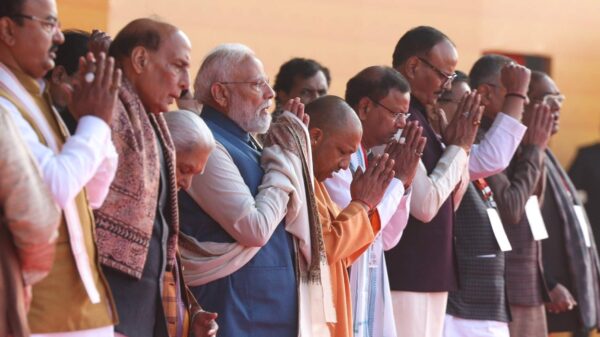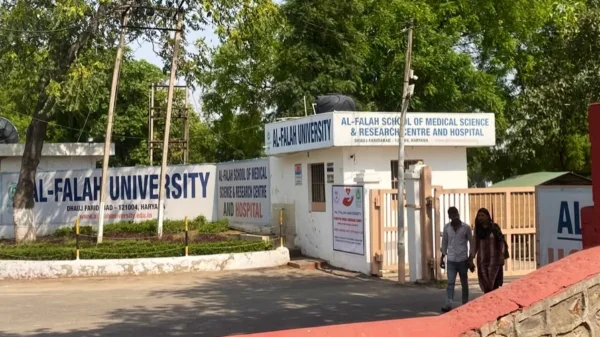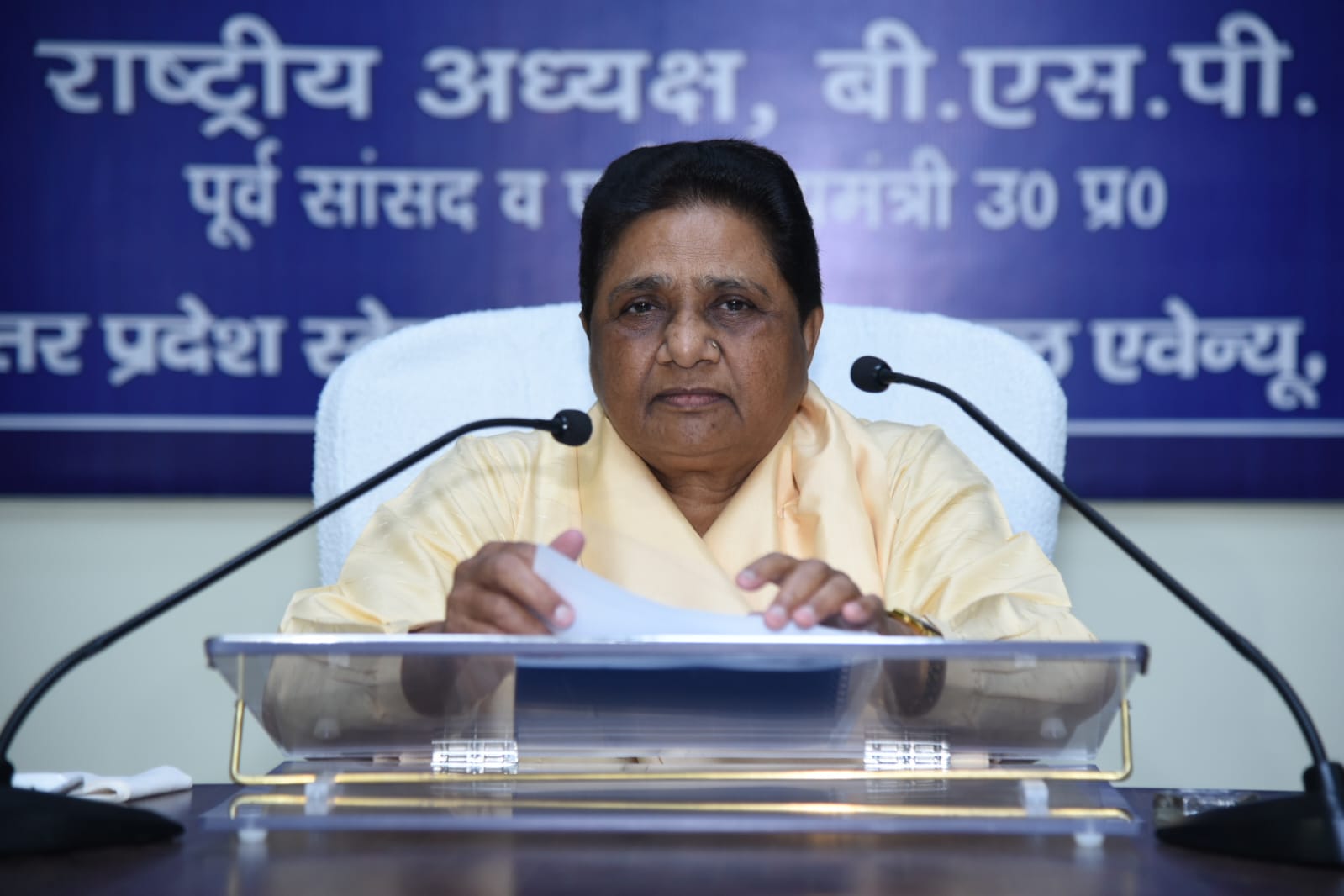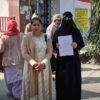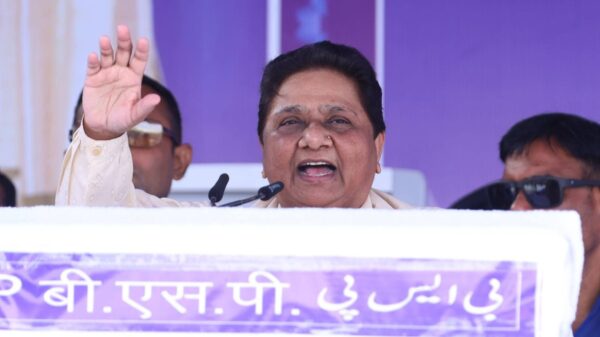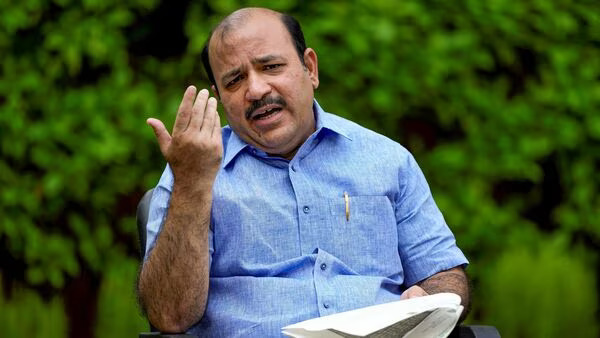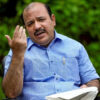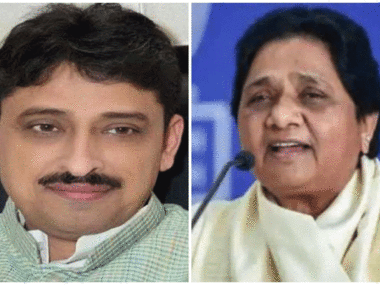The Bahujan Samaj Party (BSP), led by former Chief Minister Mayawati, is strategizing to make a comeback in western Uttar Pradesh by leveraging a combination of caste and religious factors. With a focus on the first two phases of the upcoming elections in the region, the BSP aims to appeal to Muslims, Brahmins, and Dalits, with the hope of challenging its rivals, particularly the Samajwadi Party (SP) and the Congress.
In its bid to capture seats in western UP, which is crucial for its revival, the BSP has fielded candidates from diverse backgrounds, including Muslims, Brahmins, and representatives from other communities like Gurjars, Jats, Kshatriyas, and OBCs. This strategic move reflects the BSP’s traditional caste arithmetic of forming a coalition of Dalits, Brahmins, and Muslims, aimed at countering the influence of Jats and OBCs, who have historically supported other parties.
The BSP’s decision to field candidates representing various communities could potentially disrupt the SP-Congress alliance and indirectly benefit parties like the Bharatiya Janata Party (BJP) and the Rashtriya Lok Dal (RLD). By dividing the Muslim vote bank, the BSP’s strategy might create challenges for its opponents and pave the way for a more competitive electoral landscape in western UP.
The region holds importance due to its sizable Muslim population, which constitutes nearly 26% of the population in western UP according to the 2001 census. In districts like Moradabad, Sambhal, Bijnor, Saharanpur, Muzaffarnagar, Shamli, and Amroha, Muslims have a considerable presence, wielding significant influence in over 50 Assembly constituencies.
However, while the BSP’s strategy aims to capitalize on caste and religious dynamics, it also risks exacerbating divisions within the electorate and potentially complicating the political landscape.







